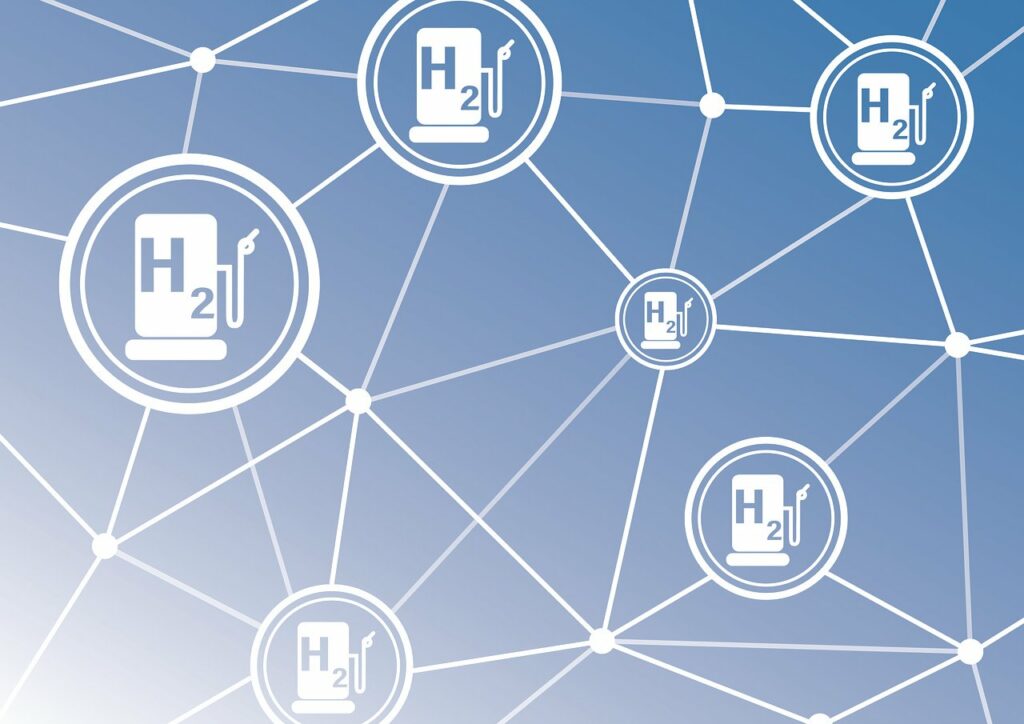ENGIE Lab Crigen is spearheading a project aimed at advancing hydrogen refueling infrastructure, particularly focusing on liquid hydrogen (LH2) solutions for maritime, aviation, and railroad applications.
Named ‘DelHyVEHR’ (Delivery of Liquid Hydrogen for Various Environments at High Rate), this ambitious initiative aims to develop high-rate refueling stations capable of delivering LH2 at a flow rate exceeding five tonnes per hour while minimizing boil-off losses.
The primary goal of the DelHyVEHR project is to bridge the gap in liquid hydrogen distribution infrastructure, addressing the challenges associated with the transportation and refueling of LH2 for various modes of transportation. By developing efficient and high-capacity refueling stations, the initiative aims to promote the widespread adoption of liquid hydrogen as a clean and efficient energy carrier, particularly in densely populated areas where space for fueling stations is limited.
Liquid hydrogen offers several advantages over gaseous hydrogen, including higher energy density and faster refueling rates, resulting in longer ranges and higher payloads for vehicles. This makes LH2 an attractive option for applications requiring high energy efficiency and extended operational capabilities, such as maritime, aviation, and railroad transport. Leveraging innovative technologies and engineering solutions, the DelHyVEHR project aims to optimize LH2 refueling processes and infrastructure to meet the evolving needs of transportation sectors.
The successful implementation of the DelHyVEHR project could have far-reaching impacts on the hydrogen refueling station market, driving significant growth and expansion. With plans to complete demonstration activities by 2027 and commercialize technologies by 2029, the initiative aims to establish a network of 15 refueling stations by 2030, scaling up to 81 stations by 2040.
